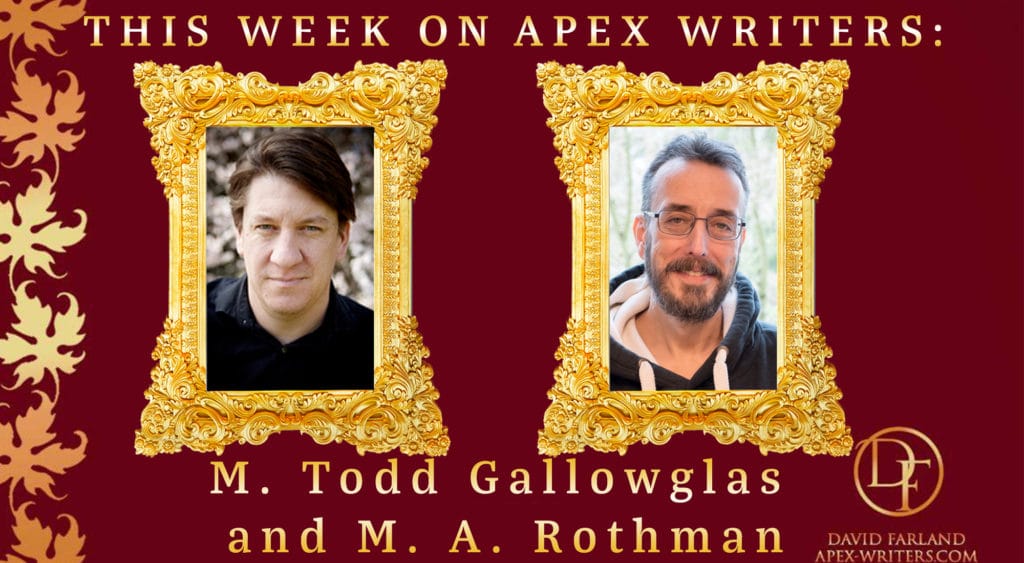Many writers never have a problem with writer’s block, and so we sometimes say, “There’s no such thing.” But that’s not quite right. The truth is, there are various reasons why people feel “blocked,” which makes it hard sometimes to figure out why a writer is having problems.
The Most Common Reasons for Writer’s Block
1. Off the Path
You’ve taken a wrong turn in your story, and something feels “off” about it. The answer to that is to go back in your story, reconsider what you’ve written recently, and try to figure out what’s wrong.
Very often, if this happens to me, I will realize that I’ve had a character who has gone off on a course of action that is inconsistent with his or her persona.
Let’s take a very simple example and say that I have a character who decides to try to solve a problem diplomatically. An evil wizard has captured his son and is holding the young boy hostage. Well, I might write a few pages about my protagonist’s diplomatic exploits, and then suddenly realize, “Now wait a minute—he’s a warlord. He’d just try to chop that wizard’s head off.” So I find that I have to erase the diplomatic mission and get back to the adventure.
When I get my characterization right, the story seems to unfold rather neatly.
2. What Comes Next?
You haven’t planned ahead well enough. In talking to authors, I find that almost all of them feel that at about the 60% mark in their novel, they suddenly find that they have to reconsider all that has happened and then slog through the next hundred pages.
It’s as if there are so many factors in play, so many characters in action, that the mind can’t quite hold it all.
That’s just normal. So when it happens, don’t feel discouraged. That’s the point where you look at the problems you foresee in the book and come up with some really creative solutions to them.
It becomes a puzzle, and you can have a lot of fun figuring out how to put the pieces together.
3. Lack of Interest
You just feel that you’ve lost interest. Hey, that happens. Maybe you should try a different project.
Sometimes you just don’t have an incentive to write. I’ve noticed that if a writer hits it big, his or her productivity will often drop to zero. How many novels have we seen from Rowling in the last decade? When was the last time that Stephenie Meyer wrote a book?
The truth is, that money is a nice incentive to write, and many authors won’t do it until the bank account hits zero. Of course, that money doesn’t just come from writing. I have a number of friends who wanted to be writers when they were young, but they took jobs that paid well in order to support their families. Those high-paying jobs led to careers and stability, and after many years they look back and say, “Wow, I let my dream slip away.”
So what do you do? Set a goal to chase your dream. Visualize what you really want. Tell yourself, “This is my dream, and I’m going to make it come true, even if it means that I can only take an hour a day for my writing.”
Then write every day for two weeks, and use your enthusiasm to motivate you until writing becomes a habit. It’s like exercise. At the end of that two weeks, writing will have a part of your routine, and you will notice that you don’t feel satisfied if you don’t get some writing done on a given day.
4. The Daily Grind
You’ve got too much stress in your life. You may be worrying about family issues, or finances, or job-related issues, and suddenly you find that the added “stress” of writing just feels like too much.
If that happens, de-stress. Sometimes you may need to put other things before your writing, but usually you can de-stress while writing.
Just tell yourself, “I’m going to write for an hour or two. I don’t have to do it well. After all, it’s just a draft of my novel, and no one will see it anyway, because I won’t show it until I’ve made several drafts.”
Then sit down and write stress-free. At the end of your session, you’ll be able to see what you’ve done and feel a sense of accomplishment. One dragon slain, and just a few more to go.
An alternative to this is to write with a little mini-stress. Sometimes you can say, “I’m just going to see what I can write while I wait for this plane, or wait for this meeting with a client,” and you’ll find that a few stolen moments here and there eventually adds up to a novel.
Now, there are some neurological problems that people have that make writing more difficult—things like ADHD, depression, and so on. If you have genuine medical issues, see a psychiatrist or a psychologist, and take care of the issue as best you can.
Happy Writing!
David Farland
On Tuesday August 31st, M. Todd will be talking about “Respect, not Reverence” – How to keep hero-worship from getting in the way of continuing to grow as a writer.
And on Saturday September 4th, M. A. Rothman will be speaking about “Making a List Run” – Hitting the bestseller lists as an Indie. Live and past record calls available at www.apex-writers.com!









